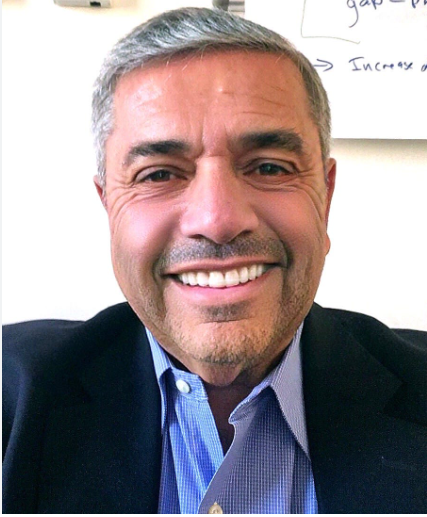
When Should You Visit a Cardiologist?
Visiting a cardiologist is essential when you experience heart-related symptoms, undergo specific medical tests, or have risk factors for heart disease. Renowned cardiologist Dr. John Strobeck from New Jersey sheds light on the situations in which it is crucial to consult a cardiologist.
Experiencing Heart-Related Symptoms:
If you encounter chest pain or discomfort, shortness of breath, dizziness, or other symptoms that may indicate a heart condition, it is crucial to seek medical attention from a cardiologist. These symptoms could be signs of underlying cardiac issues, and prompt evaluation is necessary to determine the cause and initiate appropriate treatment. If symptoms are severe or sudden, contacting emergency medical services (EMS) is vital.
Doctor’s Order for Cardiac Stress Test or Noninvasive Cardiac Imaging:
Your primary care physician may refer you to a cardiologist for further evaluation if they suspect a heart condition. This referral often includes ordering tests such as a cardiac stress test or noninvasive cardiac imaging. A stress test assesses the heart’s response to exercise, helping identify conditions like coronary artery disease, heart failure, or abnormal heart rhythms. Noninvasive cardiac imaging, such as echocardiograms or nuclear medicine scans, provides detailed images of the heart’s structure and function, aiding in the diagnosis and treatment planning.
Presence of Risk Factors for Heart Disease:
Certain risk factors increase the likelihood of developing heart disease. If you have these risk factors, visiting a cardiologist is recommended. Examples of risk factors include a family history of heart disease, high blood pressure, high cholesterol levels, diabetes, obesity, smoking, and a sedentary lifestyle. Cardiologists specialize in managing and addressing these risk factors, providing guidance on lifestyle modifications, medication management, and preventive strategies to reduce the chances of heart disease.
Monitoring Changes in Heart Rate and Rhythm:
Cardiologists may monitor changes in heart rate, rhythm, or blood pressure over time to evaluate cardiovascular health. In such cases, they may recommend wearing an electrocardiogram (ECG) monitor. This portable device records the heart’s electrical activity continuously for a specific period, typically 24 hours. It helps detect abnormal heart rhythms, assess the effectiveness of medications, and guide further treatment decisions.
Visiting a cardiologist ensures specialized care and expertise in diagnosing and managing heart conditions. Dr. John Strobeck Cardiologists have extensive knowledge of cardiovascular health, the latest diagnostic techniques, and treatment options. By seeking their expertise, patients can receive accurate diagnoses, personalized treatment plans, and ongoing monitoring to optimize heart health.
Remember, early detection and intervention are vital in managing heart conditions. If you experience symptoms or have risk factors for heart disease, don’t hesitate to schedule an appointment with a cardiologist. Your heart health is a priority, and consulting a cardiologist can lead to timely interventions and better outcomes for your overall well-being.



